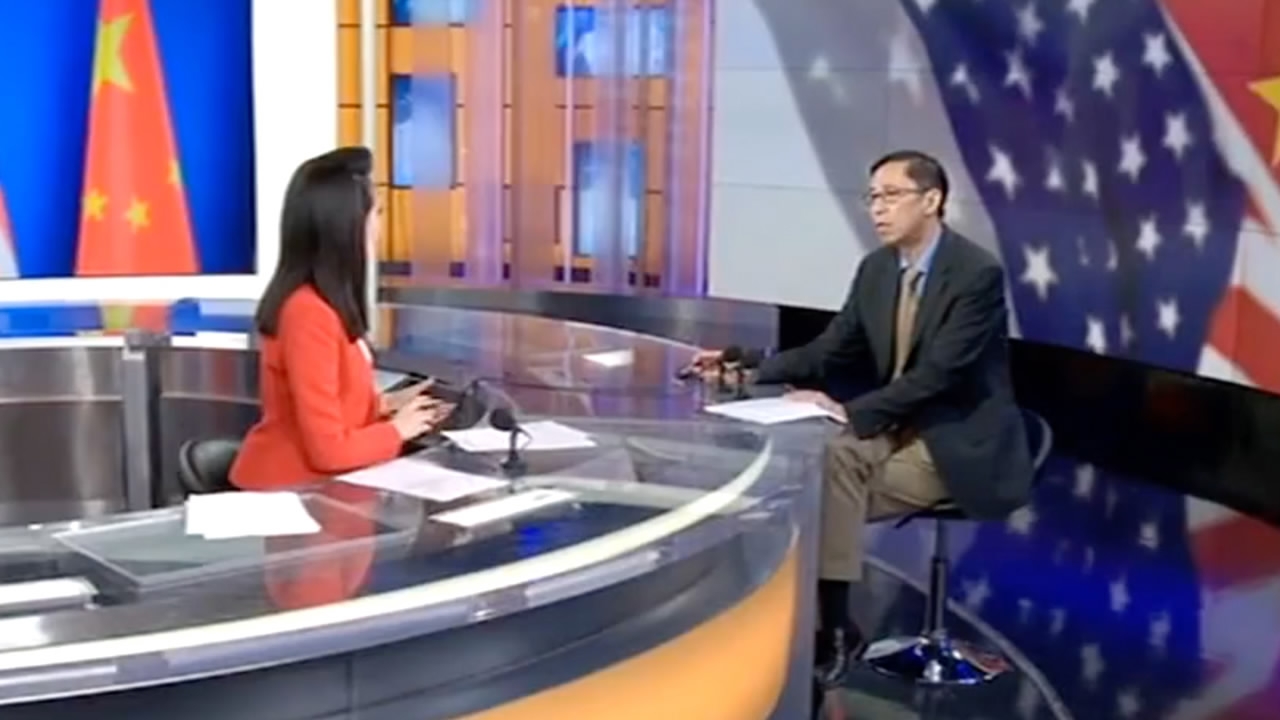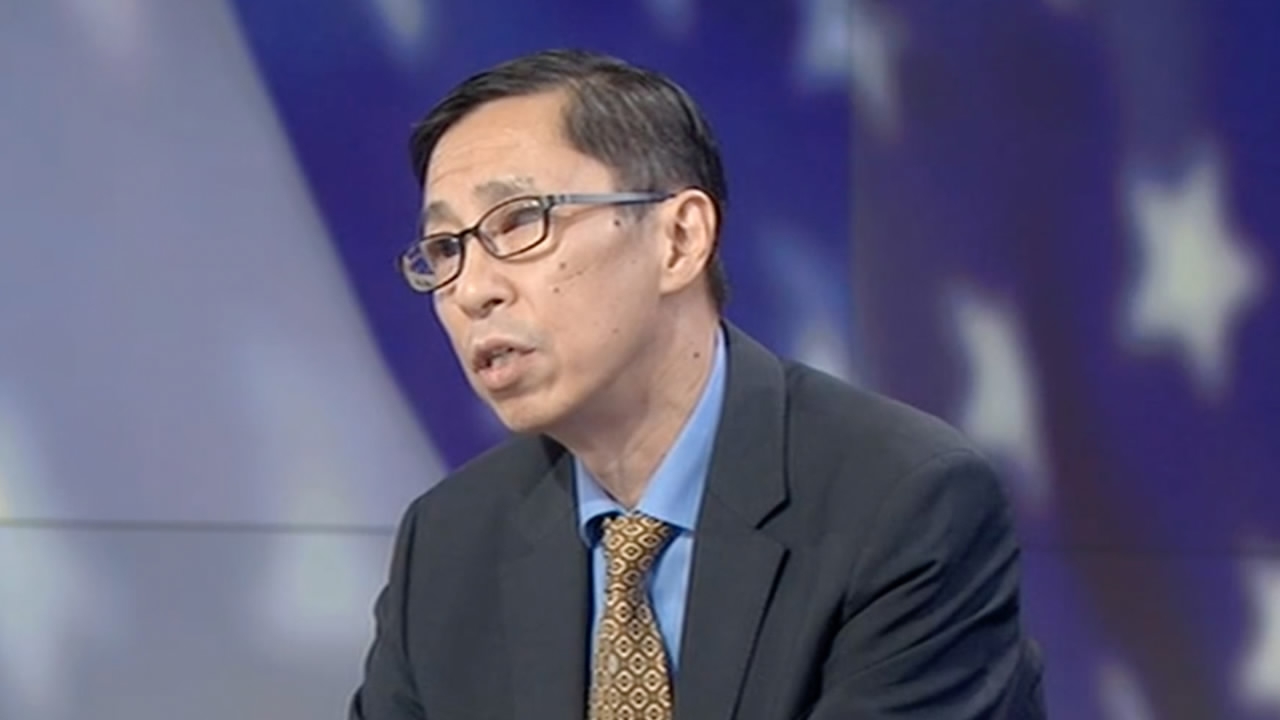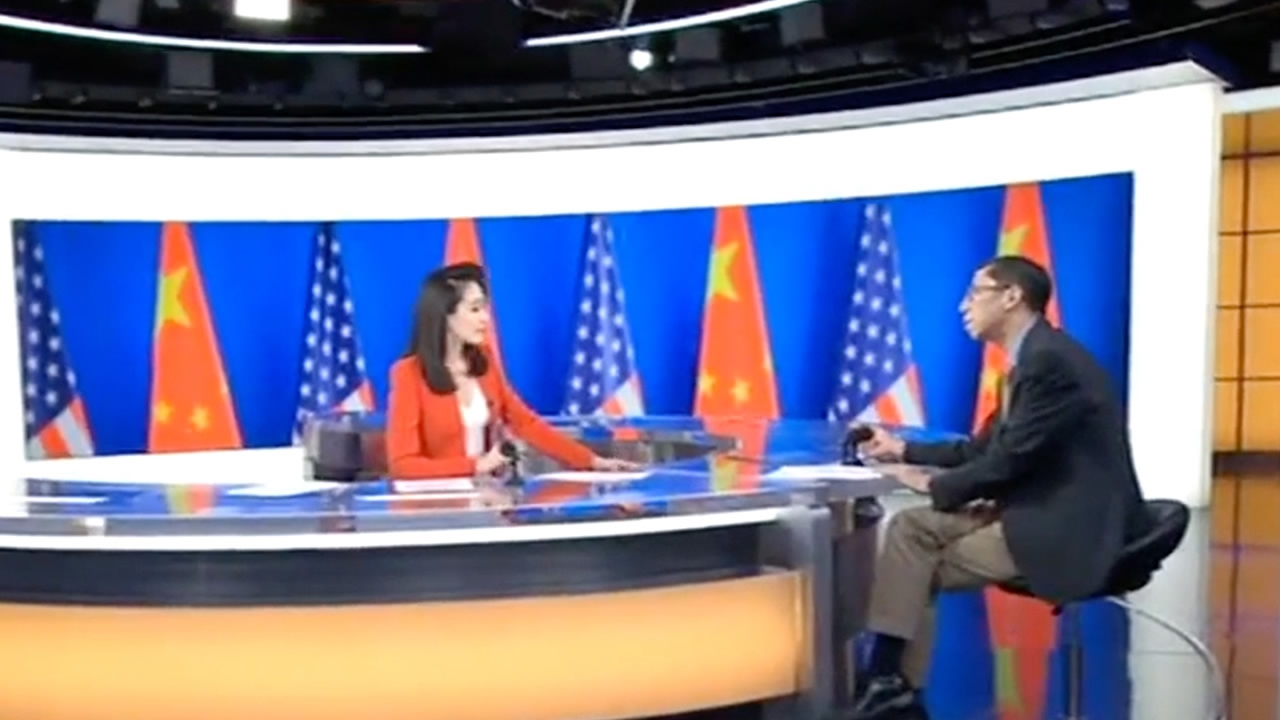
Opinions
13:48, 02-Oct-2017
Why is Tillerson's Beijing visit significant?
CGTN

US Secretary of State Rex Tillerson has wrapped up his second visit to Beijing where he met with Chinese President Xi Jinping and other senior officials. Bilateral trade and the nuclear issue on the Korean Peninsula were among the topics on his agenda.
During the meeting, Xi said both sides should focus on what the two countries agree on and properly manage differences. He also described current bilateral relations are "generally stable."
"The term implicates that there are still some kinds of issues between the two countries and the outstanding one is trade," said Lu Xiang, a senior guest researcher at the Center for China and Globalization, in an interview with CGTN.

Trade investigation 'dangerous'
Two months ago, the US launched an investigation into alleged Chinese intellectual property theft under Section 301 of the 1974 Trade Act.
The section allows the US president to unilaterally impose tariffs or other trade restrictions against foreign countries. However, it has rarely been used since the World Trade Organization came into being in 1995.
"This ongoing investigation is dangerous for our two countries," said Lu. "Both sides should have a way out for overcoming the investigation and have a better economic relationship."

Nuclear issue 'optimistic'
Concerning the nuclear issue on the Korean Peninsula, Lu said Tillerson’s remarks at a press conference after the meeting sent out a dual message.
According to Tillerson, the US and the Democratic People’s Republic of Korea (DPRK) have already set up a channel of communications.
"Countries involved have encouraged the two countries to have direct dialogue and communicate with each other," Lu said. "I feel a little more optimistic about the issue."

Stepping stone for Trump’s visit
President Trump is scheduled to visit Asia, including China, in November.
"It will be a trip for Trump to learn very much about the region as well as China," Lu noted.
And of course, trade is one of the outstanding issues on Trump’s agenda.
"The US side expects more balance for trade between China and the US. That is no problem for China," said Lu.
"Through friendly consultations, the two countries can do a lot in the future of trade, especially in the fields of energy and infrastructure building," he said.

SITEMAP
Copyright © 2018 CGTN. Beijing ICP prepared NO.16065310-3
Copyright © 2018 CGTN. Beijing ICP prepared NO.16065310-3